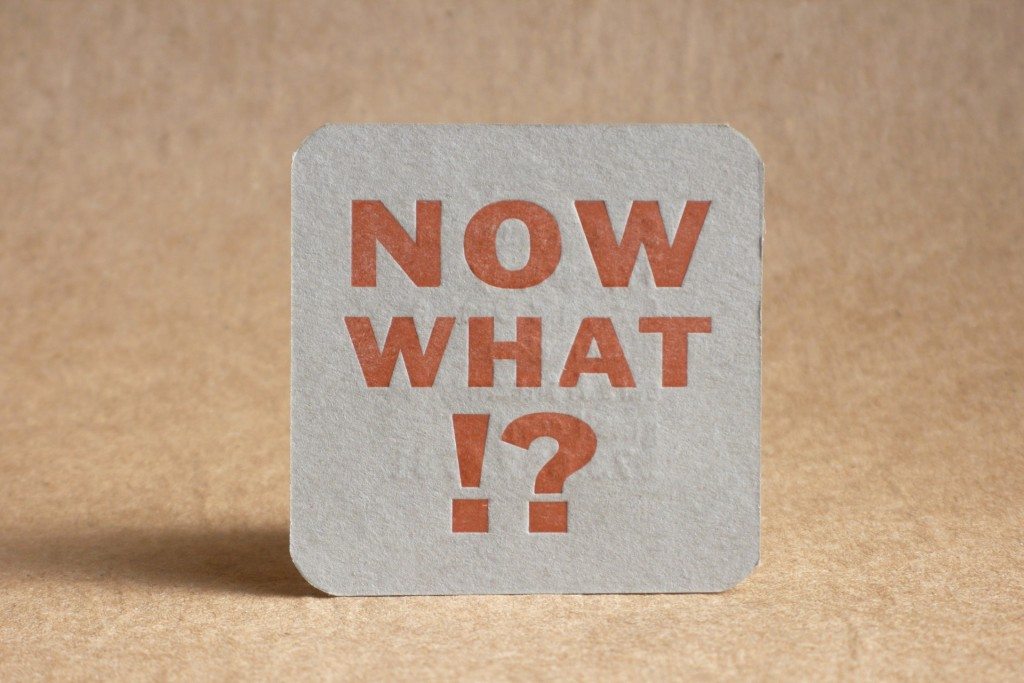This post is inspired by the article Should You Tie Up All Ends When You Type ‘The End’? over at the fabulous blog Nail Your Novel, written by author and ghostwriter Roz Morris.
I’ve been wanting to write something about ambiguous endings for months now, ever since I got into The New Yorker’s Fiction Podcast, which features authors reading aloud short stories written by other writers. Roz Morris’s post reminded me how much I was itching to share my thoughts on this issue.
Ambiguous Story Endings
Many of the short stories featured in The New Yorker end somewhat ambiguously in terms of what will happen to the characters, what decisions they will make, or even what has already occurred in the story.
As writer Melissa Palladino puts it in this transcript of an interview from The Writing Show:
[An ambiguous ending] leaves the reader wanting. Well, in some cases, it leaves the reader really irritated, because it’s “What happened?” The New Yorker is a classic example of a publication—it might be changing—but they seem to like ambiguous endings, and many people say they publish the type of stories where you turn the page to see what happens next, but there’s no more. That’s the end. I think people can get vexed if the ending is too open.
I was confused by the first story I ever listened to from the short story podcast; I almost wondered if I just wasn’t ‘getting’ the point, or if I had missed some key information, because I had no idea what happened. But, after the story, the fiction editor discussed with the reader certain points of the story, during which they both gave their opinions on what happened in the story, and what pivotal choices the characters would make.
I was a little relieved to find that I hadn’t missed anything, but that the author was deliberately ambiguous about aspects of plot and character. This pattern did continue in many of the other podcasts I listened to.
The purpose? To make readers think. To force readers to make up their own minds about the outcome of a story.
Sometimes this works to the story’s advantage. Other times it just frustrates people.
Powerful, or Just Plain Frustrating?
It may seem a little mean-spirited on the part of the author to toy with his reader’s mind and emotions, but I think it actually speaks to how involved we really do get in characters’ lives and their individual stories.
For example, I loved the book “Crow Lake” by Mary Lawson, and passed it along to my dad to read last time he came for a visit. I remember him being so engrossed in the story that he started talking about the characters as if they were real people, and the story as if it were something that had happened in his own family.
“Dad,” I said,”you do realize that the book is fiction, right?”
He replied, “I know, but—man-–we Canadians sure know how to write a good book!”
In some ways, I feel that an author allowing us to make up our own minds about the ending of their story is almost an honour. It’s as if we get to play a bigger part in the characters’ lives than if everything was set out nicely before us.
But, I do have to admit that some untidy endings are annoying. This usually happens when I get the impression that the ending is ambiguous because:
- the author has no idea how to bring about a resolution, OR
- the author is deliberately trying to tease the reader
On the other hand, I don’t like coming to the end of a story and having absolutely no idea what happened.
What’s the most powerful and/or frustrating ambiguous story ending you’ve ever encountered? Do you tend to write stories with tidy resolutions, or those that force readers to think for themselves?
